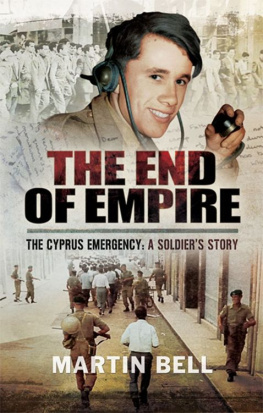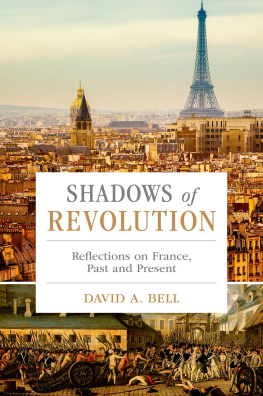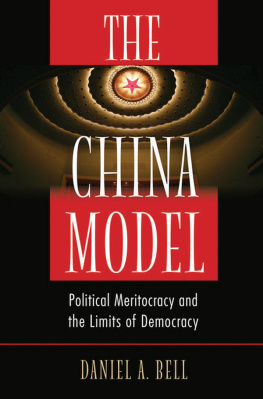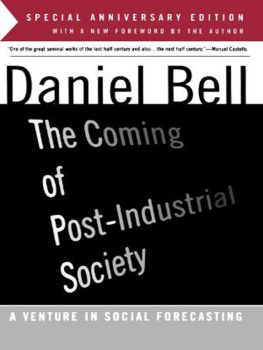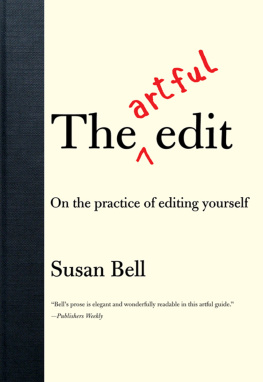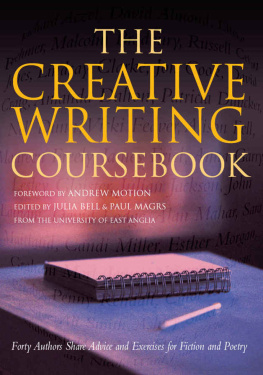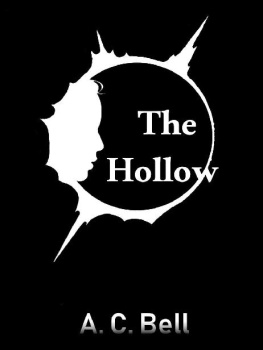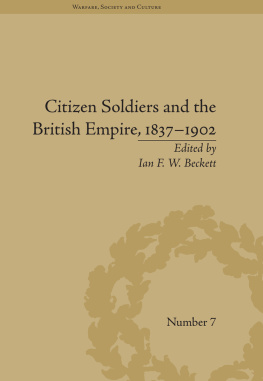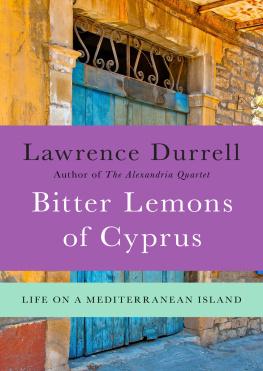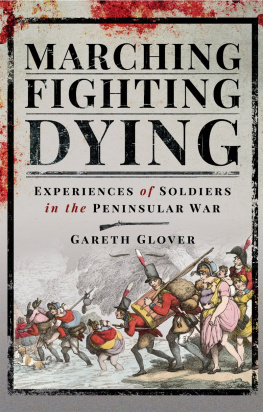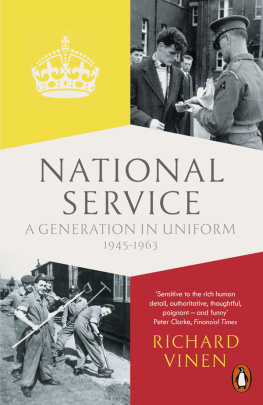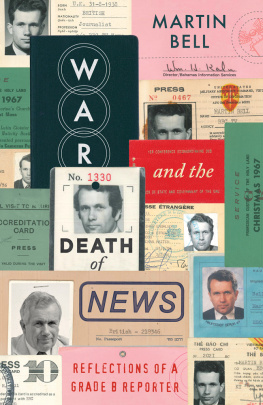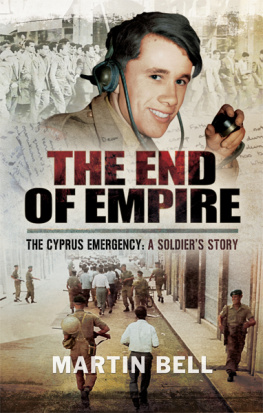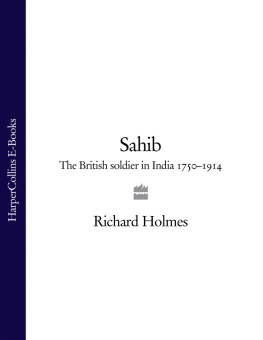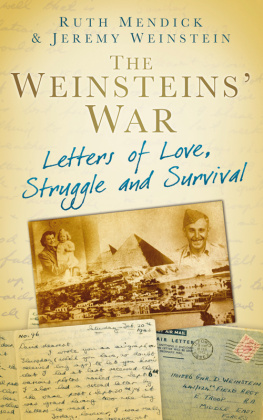
First published in Great Britain in 2015 by
Pen & Sword Military
an imprint of
Pen & Sword Books Ltd
47 Church Street
Barnsley
South Yorkshire
S70 2AS
Copyright Martin Bell 2015
ISBN 978 1 47384 818 4
eISBN 9781473848207
The right of Martin Bell to be identified as the Author of this Work has been asserted by him in accordance with the Copyright, Designs and Patents Act 1988.
A CIP catalogue record for this book is available from the British Library
All rights reserved. No part of this book may be reproduced or transmitted in any form or by any means, electronic or mechanical including photocopying, recording or by any information storage and retrieval system, without permission from the Publisher in writing.
Pen & Sword Books Ltd incorporates the imprints of Pen & Sword Archaeology, Atlas, Aviation, Battleground, Discovery, Family History, History, Maritime, Military, Naval, Politics, Railways, Select, Transport, True Crime, and Fiction, Frontline Books, Leo Cooper, Praetorian Press, Seaforth Publishing and Wharncliffe.
For a complete list of Pen & Sword titles please contact
PEN & SWORD BOOKS LIMITED
47 Church Street, Barnsley, South Yorkshire, S70 2AS, England
E-mail: enquiries@pen-and-sword.co.uk
Website: www.pen-and-sword.co.uk
Contents
List of Illustrations
Preface and Acknowledgements
F or this rather unexpected book I am indebted to my mother and father for keeping the letters that I sent from Cyprus as a serving soldier more than fifty years ago; to Merita Zhubi for finding them; to my sisters Anthea and Sylvia; to the Suffolk County Records Office in Bury St Edmunds; to the Trustees of the Museum of the Suffolk Regiment; and to the Suffolk Concert Band.
Books take on a life of their own. What started as a personal reminiscence has turned into a narrative of the last two years of one of the British Armys great regiments of the line: its culture and character, its operations, its personalities and its codes of conduct, speech and dress. It had served for more than 270 years before I joined it; I was hardly its most proficient soldier, as the Regimental Sergeant Major never tired of reminding me; but shortly after my demob it marched off parade and was gone for ever. It deserves to be well remembered.
The story is told from an unreservedly other ranks perspective; no disrespect is intended, except where it is, to the distinguished and gallant officers whom I met along the way.
I am grateful for the erudition of Dr Piers Brendon, author of The Decline and Fall of the British Empire , who ploughed this furrow before me; and for the advice of an old soldier, Major John Benjamin of the Royal Signals.
I am also indebted to Panayiotis Michael and other former detainees of the British for their recollections of Operation Matchbox in July 1958, in which I was among the soldiers rounding them up and giving them grief.
The National Archives at Kew proved to be a treasure-house of recently declassified documents, including the file on Matchbox. This revealed that the island-wide round-up of EOKA suspects had gone ahead despite the strong opposition of the Governor Sir Hugh Foot, who was in theory the colonys Commander-in-Chief. Other files disclosed an extensive breakdown of military discipline in Famagusta in October 1958. Operationally the Governor was in office but not in power.
The Regiments outstanding soldier was Lieutenant Colonel Arthur Campbell MC. His book about the campaign, Flaming Cassock , was commissioned by one Governor of Cyprus and then suppressed by the next. It has been my privilege, with the help of some friends, to rescue it from oblivion. The inch-thick sheaf of documents about its suppression, also declassified, is an eloquent expression of the colonial mind-set of the time. The island belonged not to us but to its people.
And most of all I am grateful to Second Lieutenant (later Brigadier) Charles Barnes my Intelligence Officer, to the formidable Regimental Sergeant Majors Gingell and Hazelwood, to Colonel Pat Hopper, Brigadier Bill Deller, Brigadier Tony Calder, Lieutenant Alfred Waller, Lance Corporal Dave Pygall of Watford FC, the Orderly Room clerks and all the men of the Suffolk Regiment, the 12th of Foot, with whom I am proud to have served. This book is for them.
Martin Bell
London, 2014
The Suffolk Regiment 19571959
The regimental office and veranda
Were no place for the casual bystander,
With beltless soldiers frog-marched in
On charges of indiscipline
And corporals and other rankers
Busted and given two weeks jankers;
The 12th of Foot on active service
Dealt harshly with the frail and nervous
Except the officers, those precious beauties,
Whose only punishment was weekend duties.
And so by means both military and marvelous
We lived up to our ancient motto Stabilis .
CYPRUS

Chapter 1
Destination Cyprus
T he British acquired Cyprus from Turkey, not as a colony but as a protectorate, in 1878. It was a diplomatic coup de main by the Prime Minister Benjamin Disraeli. Queen Victoria congratulated him: The High and Low are delighted, she wrote, except Mr Gladstone, who is frantic. So began a period of British rule, paternalistic rather than energetic, that lasted for eighty-two years. The island became a full crown colony in 1925 and an important military base for what was still a far-flung Empire. It slept in the sun for many years, receiving little attention from the outside world, including the colonial power itself, until a crowd of Greek Cypriots rioted and burned down Government House in 1931. The people of Cyprus were made to pay for its rebuilding out of their taxes. Greek Cypriots served loyally for the British in the Second World War, and in Palestine. Between 1940 and 1950 there was even a Cyprus Regiment, whose muleteers were the first colonial troops on the Western Front. Cypriots hoped that their loyalty would help them achieve independence after the war. It did not. The British did not believe that Greek Cypriots had either the will or the capacity for a violent uprising.
In a referendum organised by the Orthodox Church in 1950 and boycotted by the Turkish minority, 95.7 per cent of Greek Cypriots voted for Enosis , union with Greece. The British, who would not compromise on sovereignty, ignored it. The alternatives were continuing British rule or armed rebellion or both, which was what actually happened.
Cyprus in the 1950s was still a British colony and, for half the decade, an island of peace in the turbulent Middle East. It was offshore of Arabs and Israelis. Its population of some 550,000 was 80 per cent Greek and 18 per cent Turkish, with smaller minorities of Maronites and Armenians. The tranquillity what the poet and novelist Lawrence Durrell called the quietness and certainty of ordered ways and familiar rhythms did not last, however. On 1 April 1955 the Greek insurgents of EOKA, the National Organisation of Cypriot Fighters, began a campaign of armed resistance to British rule. They attacked targets in Famagusta, Larnaca and Limassol. They blew up the radio station in Nicosia. Their stated aim was Enosis . The colonial authorities were caught by surprise, wrong-footed and unprepared. The security forces were slow to respond. Their peacetime chain of command was just not up to it. Durrell was at the time the Governors press adviser. He wrote The days passed in purposeless riots and the screaming of demagogues and commentators, and the nights were busy with the crash of broken glass and the spiteful detonation of small grenades. He described the violence as a feast of unreason.
Next page
